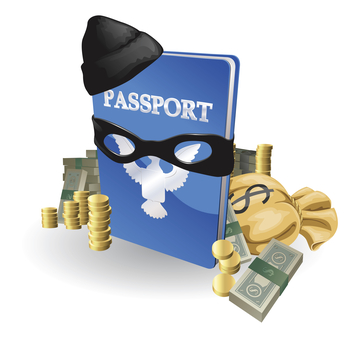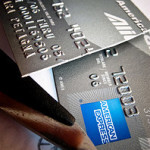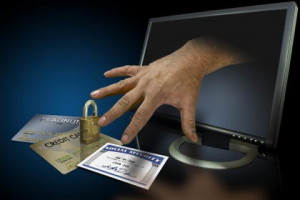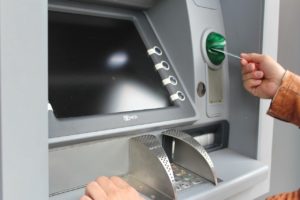 Today’s top story: First-time car buyers battle skimpy supply, sticker shock. Also in the news: Can student loan borrowers handle payments and inflation, 4 money moves to make before the baby arrives, and how to avoid ATM fees with these debit cards.
Today’s top story: First-time car buyers battle skimpy supply, sticker shock. Also in the news: Can student loan borrowers handle payments and inflation, 4 money moves to make before the baby arrives, and how to avoid ATM fees with these debit cards.
First-Time Car Buyers Battle Skimpy Supply, Sticker Shock
How to buy your first car when it’s the worst time to buy a car.
Can Student Loan Borrowers Handle Payments and Inflation, Too?
After nearly two and a half years of pandemic relief, federal student loan payments will restart after the pause expires Aug. 31 — unless it’s extended for the seventh time.
4 Money Moves to Make Before Baby Arrives
Adjust your budget now to account for child care expenses and any income loss during parental leave.
Avoid ATM Fees With These Debit Cards
Or use these strategies to avoid ATM fees with the debit card you already have.
 Today’s top story: Will you get what Social Security promises. Also in the news: 3 things to do when you get a salary increase, 4 winter wellness experiences you can book with points, and using teen debit cards to teach your kids real-world lessons about money.
Today’s top story: Will you get what Social Security promises. Also in the news: 3 things to do when you get a salary increase, 4 winter wellness experiences you can book with points, and using teen debit cards to teach your kids real-world lessons about money.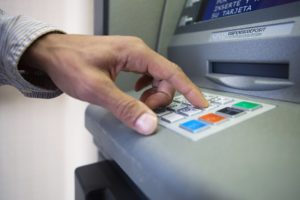 Today’s top story: How to guard your cash from debit card fraud. Also in the news: How good credit can open doors when renting your first apartment, how to prepare for the inevitable stock market crash, and when to write up a financial agreement with your partner.
Today’s top story: How to guard your cash from debit card fraud. Also in the news: How good credit can open doors when renting your first apartment, how to prepare for the inevitable stock market crash, and when to write up a financial agreement with your partner.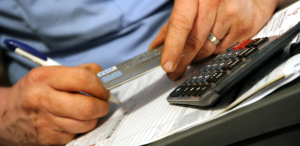 Today’s top story: 5 ways to reduce credit card interest. Also in the news: Holiday hosting tips to be safe, holiday tipping guide, and the pros and cons of using debit vs. credit cards.
Today’s top story: 5 ways to reduce credit card interest. Also in the news: Holiday hosting tips to be safe, holiday tipping guide, and the pros and cons of using debit vs. credit cards.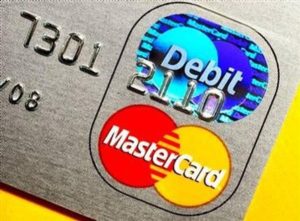 Today’s top story: Americans favor debit over credit for their go-to card. Also in the news: How to choose a cash-back credit card, how to get an SBA disaster loan for your business, and the costly mistake people make when using debit cards.
Today’s top story: Americans favor debit over credit for their go-to card. Also in the news: How to choose a cash-back credit card, how to get an SBA disaster loan for your business, and the costly mistake people make when using debit cards.